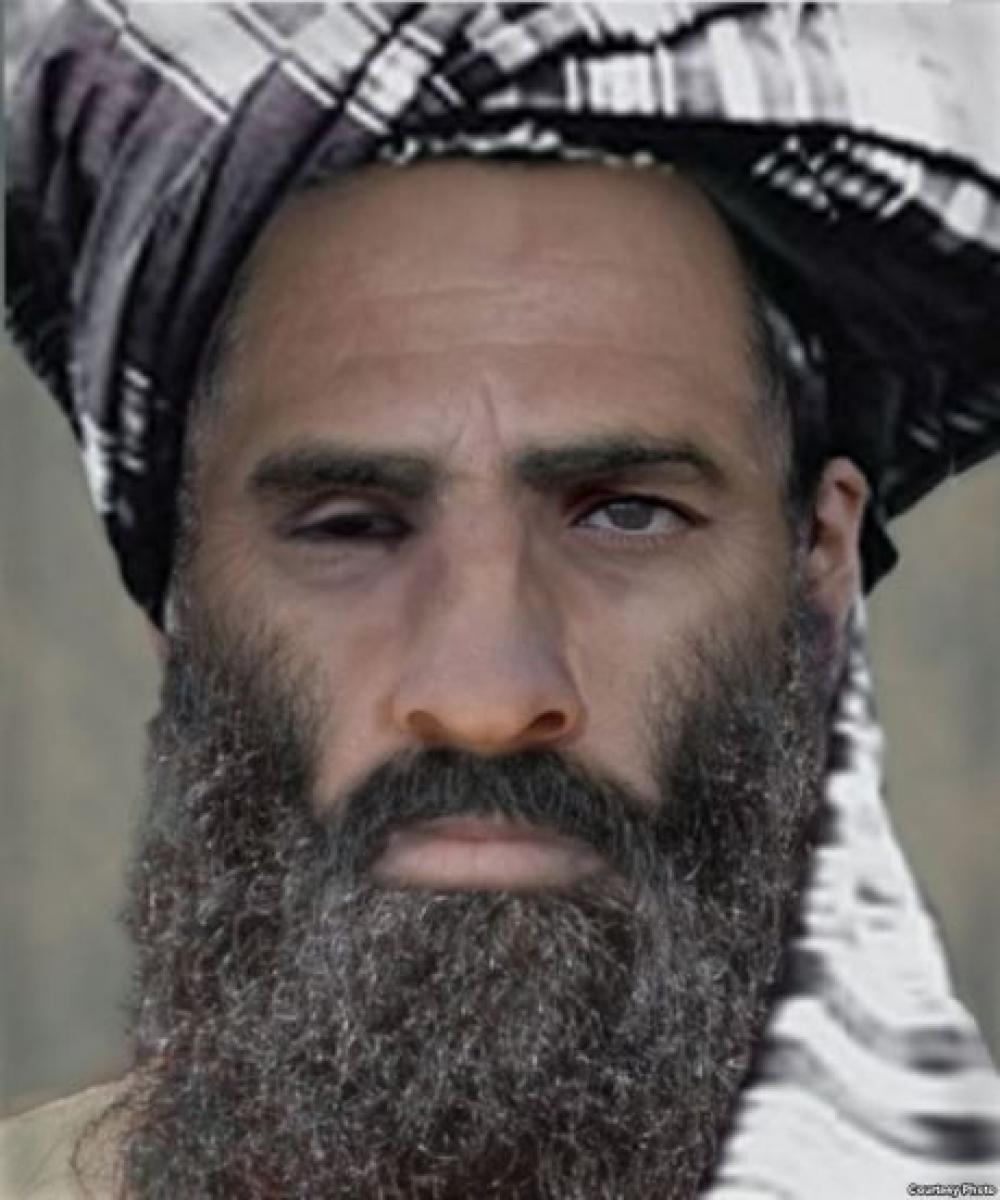Live
- Pakistan Protests: PTI Supporters March Towards Islamabad, Demanding Imran Khan's Release
- Additional Collector Conducts Surprise Visit to Boys' Hostel in Wanaparthy
- Punjab hikes maximum state-agreed price for sugarcane, highest in country
- Centre okays PAN 2.0 project worth Rs 1,435 crore to transform taxpayer registration
- Punjab minister opens development projects of Rs 120 crore in Ludhiana
- Cabinet approves Atal Innovation Mission 2.0 with Rs 2,750 crore outlay
- Centre okays Rs 3,689cr investment for 2 hydro electric projects in Arunachal
- IPL 2025 Auction: 13-year-old Vaibhav Suryavanshi becomes youngest player to be signed in tournament's history
- About 62 lakh foreign tourists arrived in India in 8 months this year: Govt
- IPL 2025 Auction: Gujarat bag Sherfane Rutherford for Rs 2.60 cr; Kolkata grab Manish Pandey for Rs 75 lakh





 It is rare that an obscure and uneducated person, never properly photographed, should lead a movement to power, and when thrown out of it, keep the flock united under his leadership. Not just that, also talk from position of strength, as the fighters gain more and more territory. Mullah Mohammed Umar was that Amir-ul-Momineen, the supremo who led the Afghan Taliban for two decades.
It is rare that an obscure and uneducated person, never properly photographed, should lead a movement to power, and when thrown out of it, keep the flock united under his leadership. Not just that, also talk from position of strength, as the fighters gain more and more territory. Mullah Mohammed Umar was that Amir-ul-Momineen, the supremo who led the Afghan Taliban for two decades.



